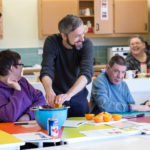
Edinburgh Community Food’s Chris Mantle was a member of CFHS Cooking Skills Evaluation Study Group. This case study describes now that group and networking with others shifted his thinking in how he and his colleagues run cooking skills courses.
Read ‘Edinburgh Community Food – learning from others’ here
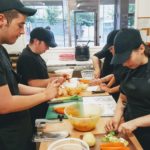
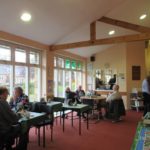
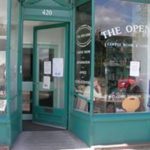
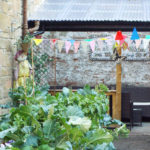
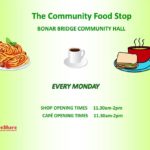
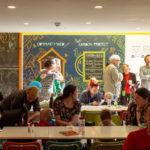
Fife Health and Social Care – a pragmatic approach to cooking skills
Lyndsay Clark from Fife Health and Social Care was a member of the CFHS cooking skills evaluation study group. In this case study, Lyndsay tells us what learning inspired her most and what changes she has since made to her own work to use a more pragmatic approach to cooking skills.
Read ‘Fife Health and Social Care – a pragmatic approach to cooking skills’ here